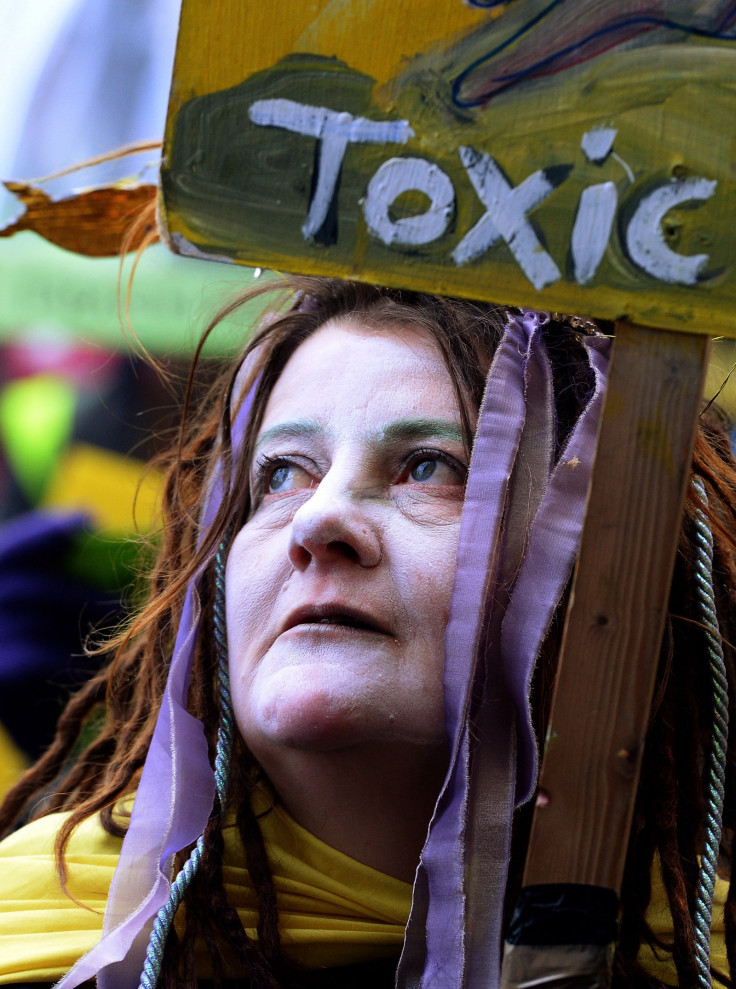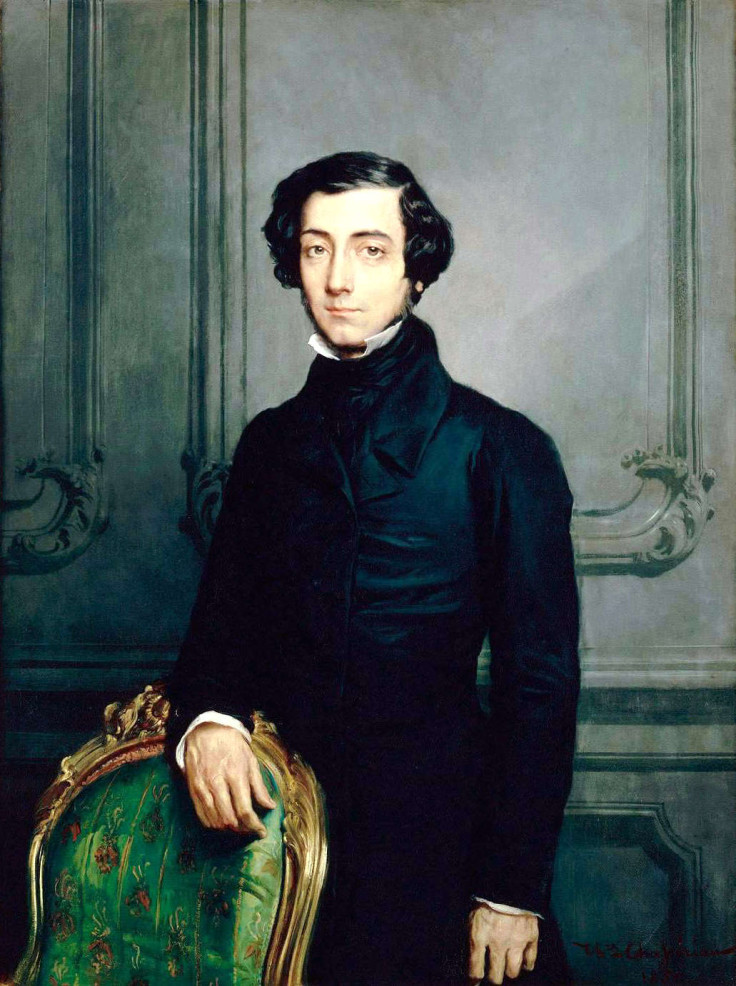Deborah Doane: Here's to democracy - the rest can frack off
The ravages of climate change, dying bees, the largest number of extinctions since the ice age – we have spent decades feeling powerless against a groundswell of news showing the environment is doomed. Thankfully, democracy has at last shown its ethical muscle. And we should all be emboldened by it.
On 29 June, Lancashire County Council overcame what seemed like insurmountable odds and heroically rejected the UK's first big fracking operation by energy company Cuadrilla.

Facing a recommendation to proceed by council officers, pressure from Prime Minister David Cameron, a considerable sweetener from Cuadrilla for each household affected and larger payments to the council, they instead supported the local electorate that did not want the death knell to the climate ringing from their doorsteps.
The comically named "fracking" (whoever thought of the phrase was clearly taking the mickey) is only supported by 24% of the British public, but continues to be a pillar in government energy policy.
This is in spite of the fact a secretive Defra report found that, where fracking took place in the US, the water table was affected, wildlife contaminated and agricultural products poisoned.
The quality of life, basically, would be shot, with the report warning of everything from noxious odours to light and deafening noise patterns that would impact on citizens' sleep patterns. Insurance costs would skyrocket and the values of people's houses near a fracking site would plummet.
The study itself only came to light thanks to a Greenpeace Freedom of Information request. The same government study that shows people aren't supportive of fracking also reveals over three quarters of UK adults support much stronger action on renewables.
But when your government fails to listen to evidence and ploughs ahead with a policy that supports the invasion of the frackers, what are you to do? Leave it to unaccountable markets to deliver? Unlikely. Their only interest is the mighty dollar. Our broken economic system has led to a perverse situation whereby governments and economic actors hold the reigns of power, often at odds with the wider interests of society.
Fortunately, as demonstrated in the past couple of weeks, we can return to the tools of people power and our relatively resilient institutions that manage to keep democracy intact. In the Netherlands, citizens took their government to court. And won. Last week a Dutch court ruled that its government wasn't doing enough to combat climate change, in a country where many people live below sea level. The government was ordered to slash emissions by 25% within the next five years. The decision is legally binding and is already paving the way for similar cases elsewhere.

Democracy has its imperfections. Political philosopher Alexis de Tocqueville argued in the 18th century that it could lead to tyrannical, unjust outcomes, such as oppression of minorities. But at the appropriate scale, and with information, and education alongside an active civil society, democracy is more likely to deliver ethical outcomes for the many, including the environment.
Through a broken electoral system, we may be led by a national government that commands only a little over one third of popular support and will undoubtedly keep trying to enforce unpopular policies that will only benefit a handful of their wealthy buddies.
Until such time as we have the fairer system of proportional representation, we have other democratic institutions we must invoke more often in times of trouble: at the local level or through our legal systems. For the time being, they may still be resilient enough to shift the tide to something far more just: for the people, for the planet, for all.
Deborah Doane is a writer and consultant on new economics and sustainability. She was previously director of the World Development Movement.
© Copyright IBTimes 2025. All rights reserved.






















